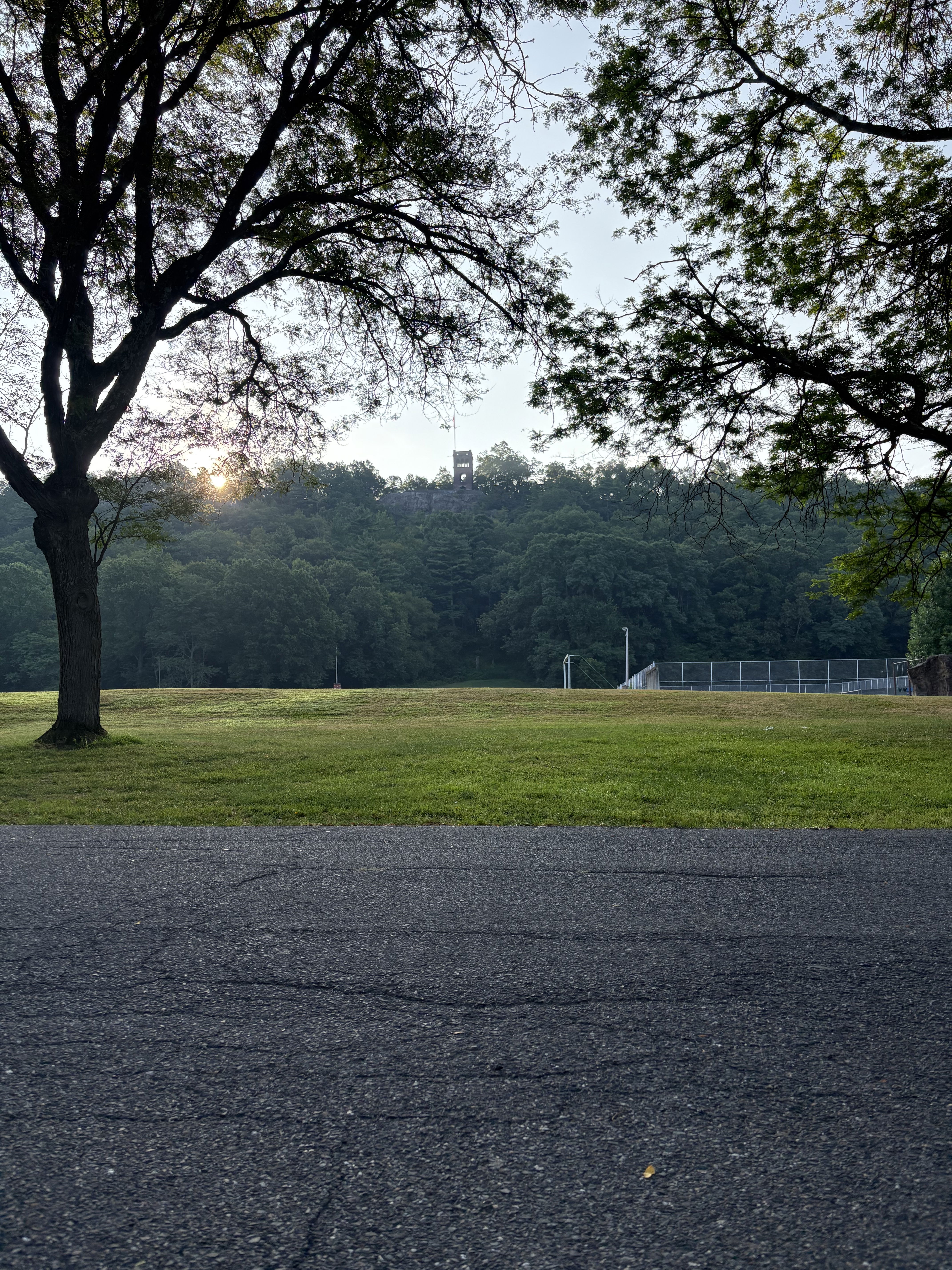I generally don’t re-share stuff that I find on Kottke because I figure everyone has already seen it there, but this ldial.org site is fantastic. I have been returning to it over and over all week long.
Maybe I’m biased from growing up in the 1980s when most local radio stations had not yet been bought and completely homogenized by a few huge national broadcasting companies, and the radio was still mostly listenable. That said, there are still great stations out there doing good work.
